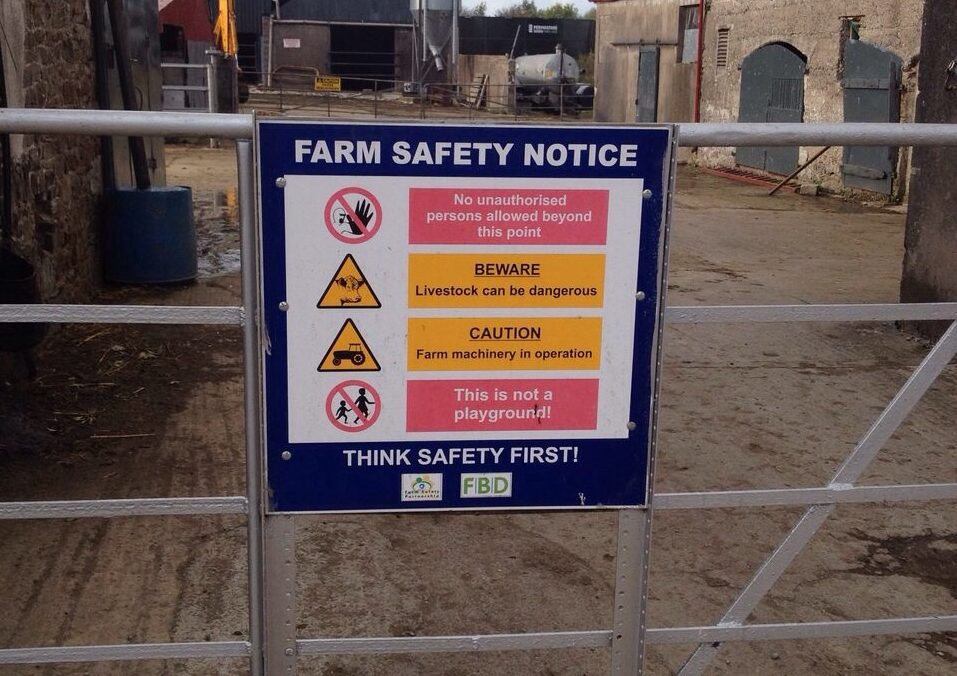123 workers were killed in work-related accidents in 2021/22 and a further 565,000 workers sustained a non-fatal injury, according to the latest statistics published by the Health and Safety Executive (HSE).
The HSE today (Wednesday, November 23) published its annual statistics on work-related ill health and workplace injuries, which says that the figures above are broadly in line with pre-pandemic levels – which encompasses a downward trend.
Of the deaths and injuries, 30% were caused by slips, trips or falls on same-level ground; 18% by handling, lifting or carrying; 11% by being struck by a moving object; and 9% and 8% through acts of violence and falls from height, respectively.
The industry sector with the most self-reported work-related ill health and non-fatal injuries was human health and social work, followed by public administration and defence.
Agriculture, forestry and fishing came fourth on the list, ahead of construction, manufacturing, and mining and quarrying, not in that order, among others.
Mental health
The figures from Great Britain’s workplace regulator also show there were an estimated 914,000 cases of work-related stress, depression, or anxiety in 2021/22.
An estimated 17 million working days were lost due to work-related stress, depression, or anxiety in 2021/22, it said, which is over half of all working days lost due to work-related ill health.
HSE has been warning of a growing crisis in stress and poor mental health related to work. The workplace regulator launched a major campaign last year to remind employers of their responsibilities to their employees’ mental health.
HSE’s chief executive, Sarah Albon, said: “Stress and poor mental health is the number one cause of work-related ill health.
“The effects of stress, depression, and anxiety can have a significant impact on an employee’s life and on their ability to perform their best at work.
“Britain is one of the safest places in the world to work but we need all employers to do more and take seriously their responsibilities to support good mental health at work,” she added.
According to the HSE statistics, the UK consistently has one of the lowest rates of fatal injury in Europe.

